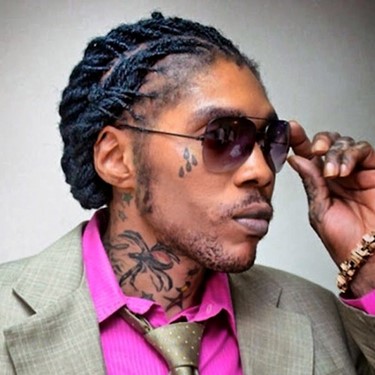(Jamaica Gleaner) Weighing in on the raging debate surrounding the recent Privy Council quashing of Adidja ‘Vybz Kartel’ Palmer’s murder conviction, former Prime Minister Patterson and his colleague King’s Counsel Hugh Small said the decision taken to proceed with the trial after the jury-tampering incident “was not merely a risk but a fatal error”.
In a joint statement yesterday, the two senior lawyers said the fatal error would have rendered any final verdict unacceptable in accordance with the tenets of justice and a local Court of Appeal decision in 1983.
The lawyers, while highlighting the 1983 case in which the Court of Appeal had ordered a retrial and discharged the jury after one of the jurors was found to be unsuitable due to bias, said it was regrettable that that ruling was never brought to the presiding judge in the Kartel matter at the Supreme Court or the judges who dealt with the initial appeal.
“Neither the trial judge, Justice Lennox Campbell, nor the three judges who heard the appeal from the ruling and verdict were apparently aware that there was a judgment of the Court of Appeal in 1983 that ruled in a similar circumstance, that the duty of the court was to discharge the entire jury and order a new trial,” the lawyers noted.
The case in question was a libel matter involving The Gleaner and John Hearne versus former Prime Minister Michael Manley.
However, three weeks into the trial, the judge discharged the foreman after evidence was produced indicating that he was employed to the National Workers Union when Manley was the island supervisor.
LIFE SENTENCES
Kartel, entertainer Shawn ‘Shawn Storm’ Campbell, Kahira Jones and Andre St John were convicted in 2014 for the 2011 murder of Clive ‘Lizard’ Williams’ and sentenced to life.
Kartel was ordered to serve 35 years before being eligible for parole, while Shawn Storm’s parole eligibility period was set at 25 years.
St John and Jones were ordered to serve 30 and 25 years, respectively, before they were eligible for parole.
However, the Privy Council, in a recent judgment, overturned the convictions on the grounds of juror misconduct. The Privy Council was of the view that the jury should have been discharged and the trial started afresh.
The murder trial had encountered two incidents with the jury. In the first case, one of the jurors was excused from the panel after she complained that St John recognised her while she was at the Horizon Adult Remand Centre visiting her son. She further shared that her son told her, during another visit, that Kartel approached him and told him that St John saw his mother at the prison facility.
In the other incident, juror Livingston Cain was arrested for attempting to bribe the foreman and later convicted.
Following the incidents, Campbell had sought advice from both the prosecution and the defence on whether to proceed and a recommendation to continue was proffered by the director of public prosecutions (DPP).
Since the decision by the Privy Council, debate has been raging over whether the DPP had blundered by making the recommendation or whether the judge had erred in accepting the recommendation or was aware that the court should have discharged the entire jury and ordered a retrial.

